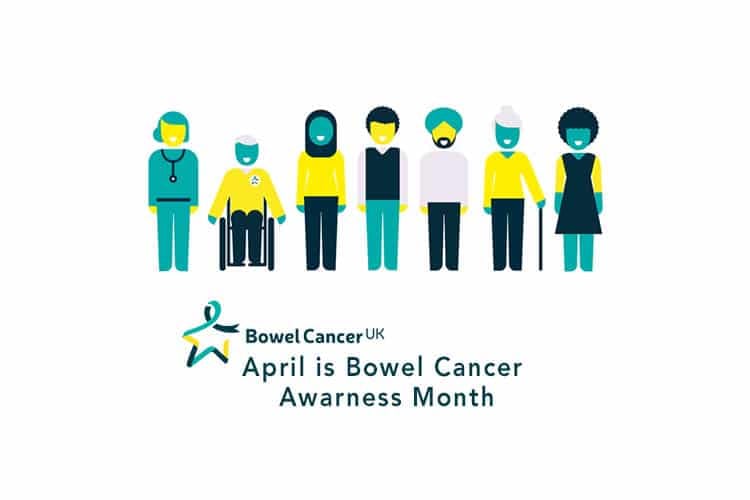Bowel Cancer Awareness Month

Spreading Awareness and Saving Lives
Every year, thousands of people around the world are diagnosed with bowel cancer, also known as colorectal cancer. Bowel Cancer Awareness Week, which takes place annually across the world. The aim isto raise awareness about this common yet preventable disease. This campaign plays a crucial role in educating individuals about the risk factors, symptoms, and the importance of early detection and screening.
Bowel cancer is the third most common cancer worldwide, with hundreds of thousands of new cases diagnosed each year. It primarily affects the colon and rectum, parts of the digestive system responsible for processing waste. While the exact cause is not fully understood, factors such as age, family history, diet high in red or processed meats, smoking, obesity, and lack of physical activity are known to increase the risk of developing the disease.
One of the key messages of Awareness Week is the importance of early detection through screening. The campaign encourages individuals, especially those aged 50 and older, to undergo regular screenings as recommended by their healthcare providers.

Sypmtoms, prevention, screening
Symptoms can vary and may include changes in bowel habits, blood in the stool, unexplained weight loss, and persistent abdominal pain. It is essential for individuals to be aware of these signs and seek medical attention if they experience any concerning symptoms.
Awareness Week also emphasizes the importance of leading a healthy lifestyle to reduce the risk of developing bowel cancer. This includes maintaining a balanced diet high in fruits, vegetables, and whole grains. Limit your intake of red and processed meats, staying physically active, avoiding smoking and excessive alcohol consumption, and maintaining a healthy body weight.
Many organizations, healthcare providers, and individuals participate in Bowel Cancer Awareness Week. By organizing events, sharing information on social media, and encouraging friends and family members to get screened. Through these collective efforts, more people can become informed about bowel cancer, leading to increased screening, early detection, and saving lives.
Ultimately, Bowel Cancer Awareness Week serves as a crucial reminder of the importance of taking proactive steps. To protect our health and well-being. By promoting awareness, encouraging screenings, and fostering a culture of early detection, we can work together to reduce the burden of bowel cancer and improve outcomes for those affected by this disease.